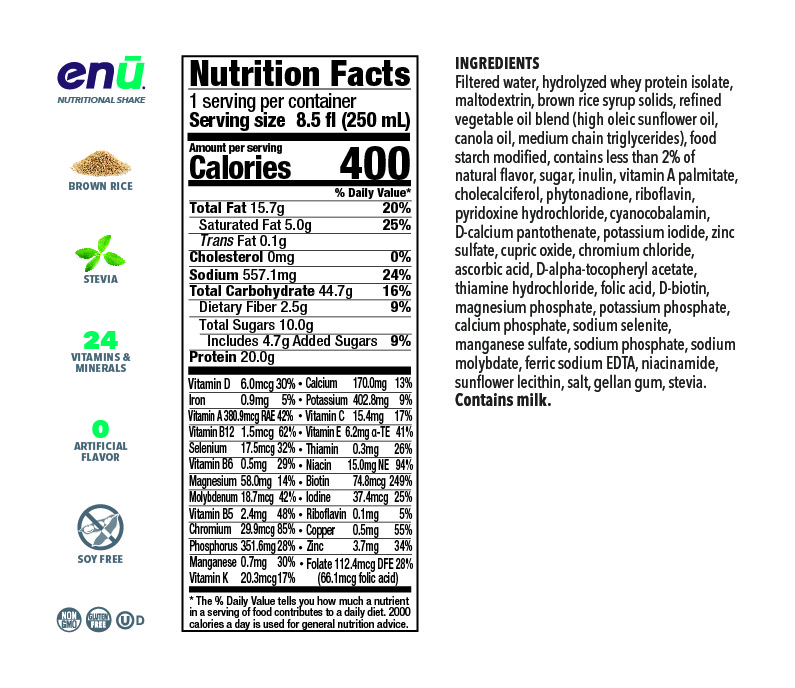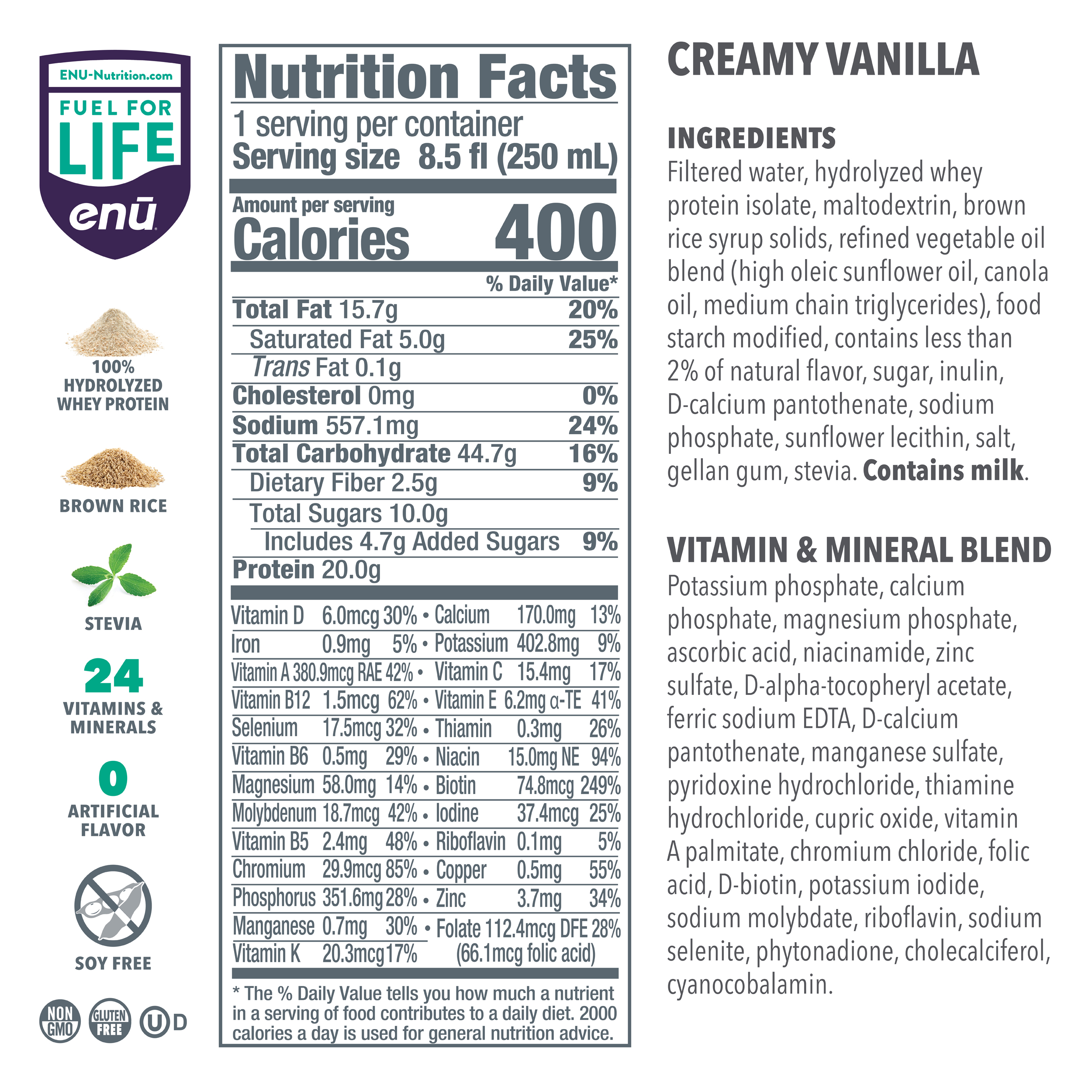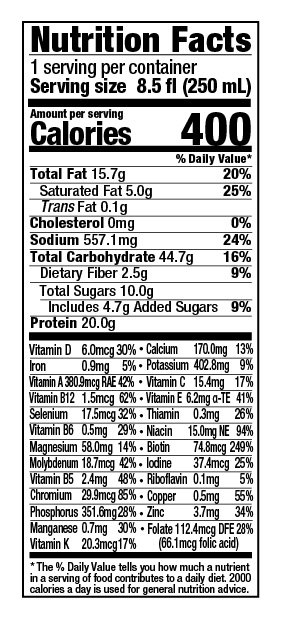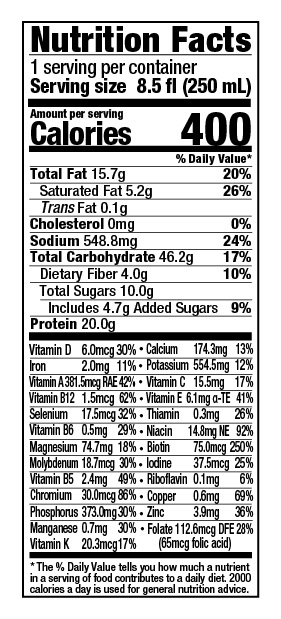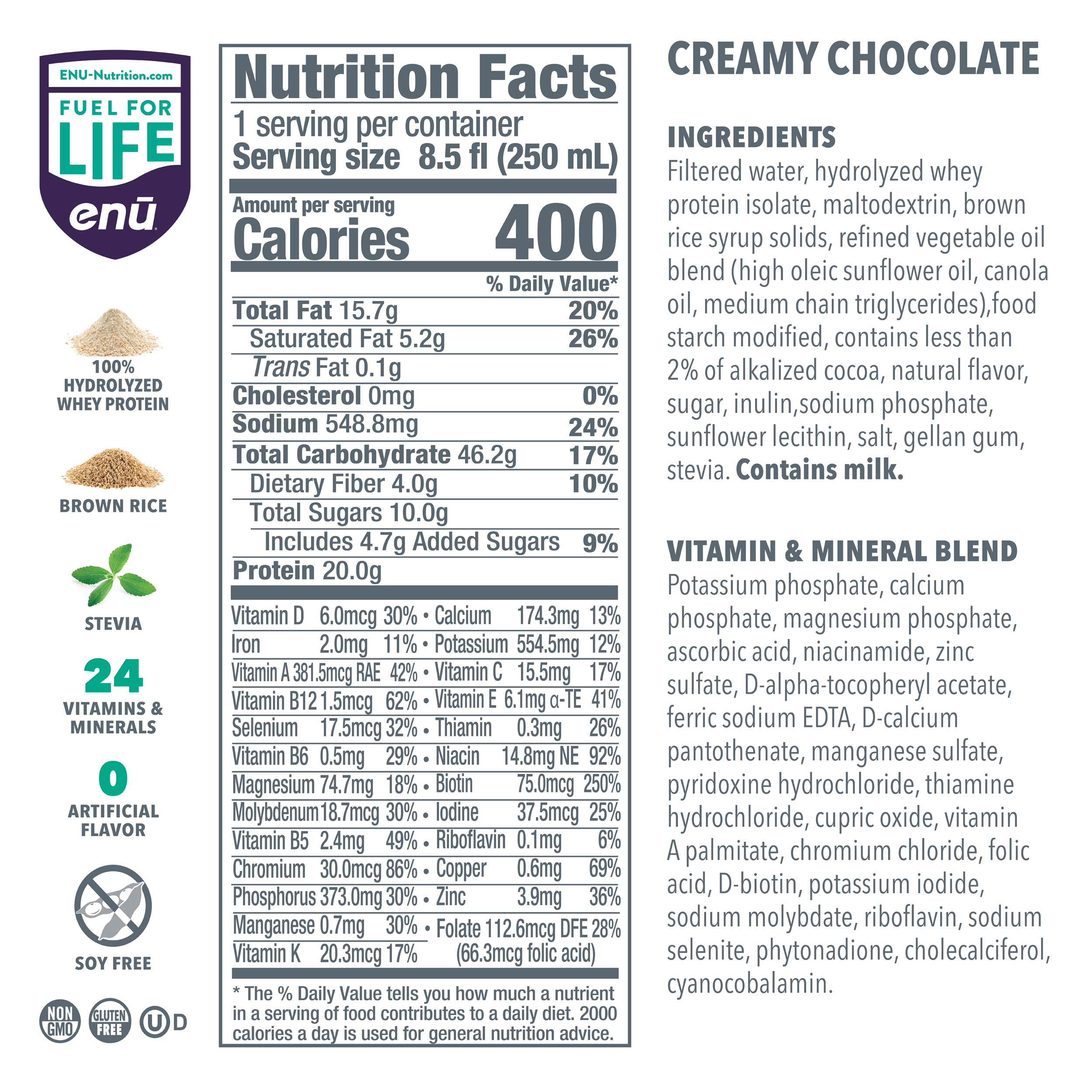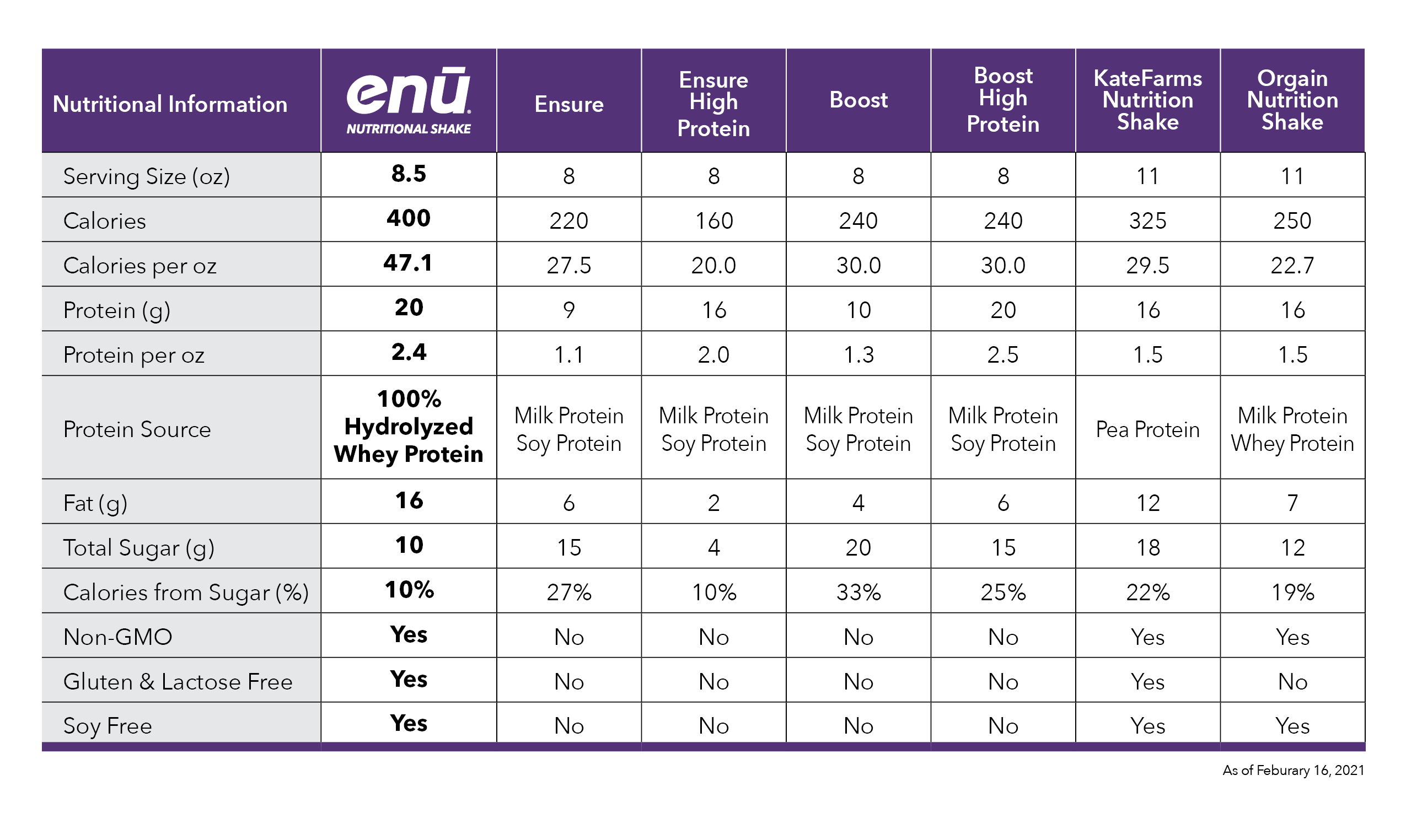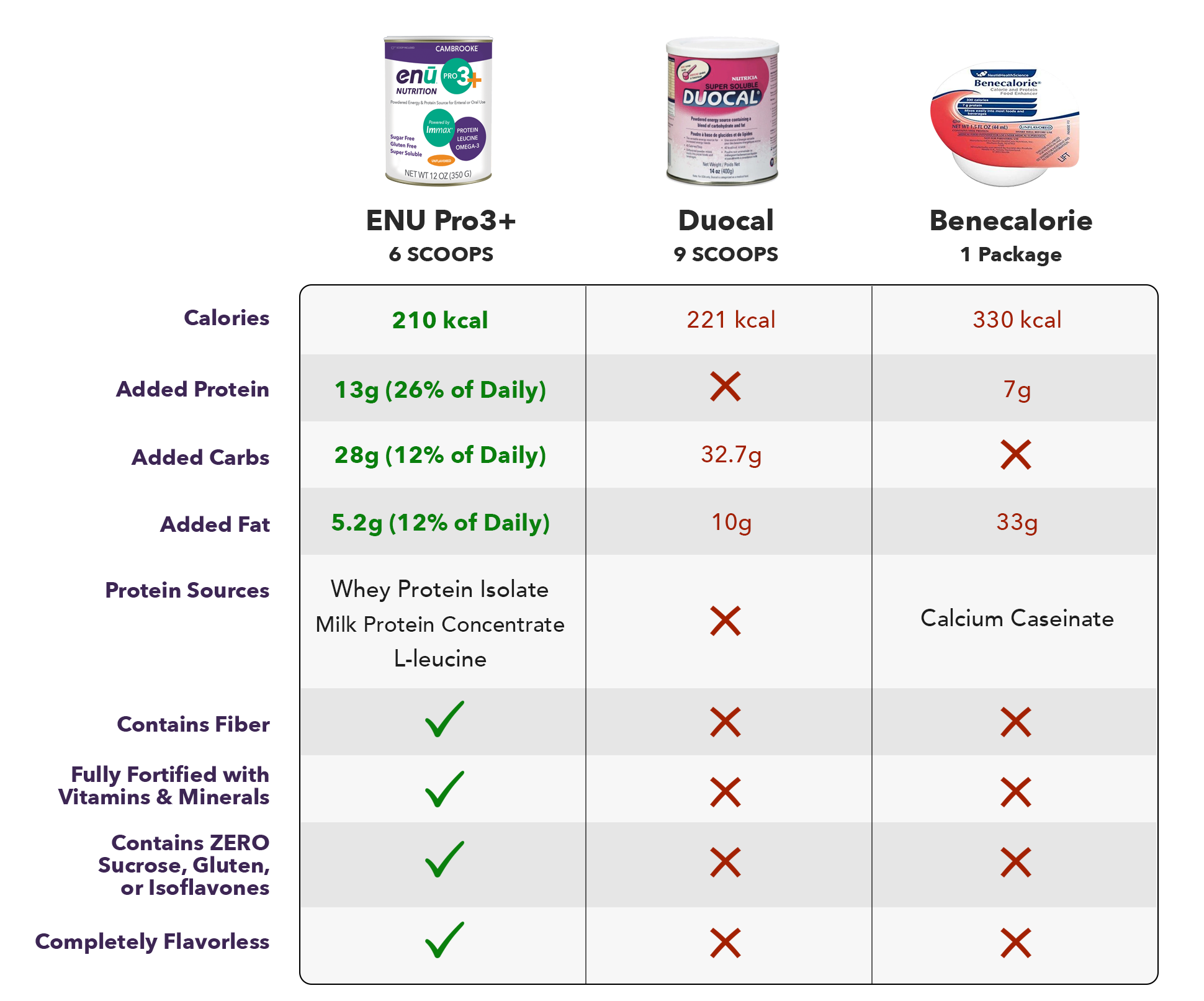
Get a FREE
ENU Intro Pack*
*Just Pay $2.00 Shipping

How Can an Underweight Person Gain Weight?
With all the attention paid to weight loss efforts, it’s easy to forget that there are many people around the world whose health is at risk because of a lack of body weight. Those whose body mass index has dropped below a certain point are said to be underweight, meaning that they don’t have the necessary fat or muscle mass to stay as healthy as someone at a normal weight. And yet, despite the relative ease with which so many people gain weight, it can be quite difficult for those who are underweight to put on the pounds that they need to improve their overall health and well-being. So, how can an underweight person gain weight in a healthy way? To find out, keep reading as the people at ENU answer this question and others.
What Does Underweight Mean?
In most instances, determining that a person is “underweight” involves calculating their body mass index (BMI), a measurement that compares height to total body weight. Since all you need to find out your BMI is two measurements, this number is widely used in medicine as an indicator of general health, though the system is far from infallible; because a person’s BMI fails to account for differences between different types of tissues, such as muscle mass vs. visceral fat, it can sometimes lack the accuracy of more involved methods.
Depending on what range of values your BMI falls in, you might be labeled as underweight, normal weight, overweight, or obese. If your BMI is below 18.5, you are considered underweight; a BMI of over 30 is considered obese, while a value of 25-30 is considered overweight. Those whose BMI is between 18.5 and 25 fall within the “normal weight” range.
Even though BMI measurements are far from perfect, they are often able to identify those at risk for weight-related issues. In those who are underweight, for example, a lack of body mass is linked to some serious health problems, including an impaired immune system, which can lead to more frequent infections; osteoporosis, which can cause bones to fracture easily; fertility problems; and sarcopenia, a condition characterized by unwanted age-related muscle loss.
What Causes a Person to Be Underweight?
There are a number of underlying health issues that can cause a person’s body weight to dip below acceptable levels. Eating disorders, such as anorexia, often cause those who suffer from them to compulsively avoid food, and other psychological issues, such as depression, anxiety, and excessive stress, can easily rob a person of their appetite. Other common causes of being underweight include the following:
- Celiac disease can cause damage to the lining of the small intestine, which reduces a person’s ability to absorb nutrients and can lead to severe weight loss.
- Infections can place a strain on the body, increasing calorie consumption and leading to a loss of body weight.
- Some forms of cancer can also cause a person to burn lots of calories and lose weight, while many of the treatments used for cancer can make a patient lose their appetite or prevent them from consuming solid food.
- Endocrine diseases, such as diabetes or hyperthyroidism, can affect a person’s metabolism or cause significant weight loss.
How to Gain Weight If You Are Underweight
It might be tempting to reach for the snack foods and desserts once you decide to gain weight, but it’s important to note that more weight doesn’t necessarily equal better health. Many of the medical issues that affect overweight or obese people can also impact those at lower weights if the person in question eats harmful foods, so make sure that any attempt to gain weight is done in a healthy way.
There are a few things to keep in mind when planning out your upcoming weight gain. The first of these considerations is that you should try to put on a balanced mix of muscle and fat, which means consuming plenty of protein. Aim to get about 1 gram of this macronutrient per pound of body weight each day to help increase muscle mass; lifting weights can speed up this process, and it may even stimulate your appetite as well.
That said, carbs and fats also play important roles when gaining weight, though you should try to get these nutrients from healthy sources. For carbs, that means eating more whole grains, and for fats, it means unsaturated sources like olive or coconut oils. Both carbs and fats can help increase your calorie intake – a critical part of gaining weight – while adding relatively little volume to your overall diet. A good rule of thumb is to consume about 500 more calories per day than your body needs; if you do, you should gain weight at a rate of about one pound per week.
When deciding what to eat, look for calorie-dense foods like whole-fat dairy products, peanut butter, dried fruit, nuts, potatoes, and meats. Adding condiments and cooking with heart-healthy oils can also increase your calorie intake without forcing you to eat much more food. Feel free to space out small meals throughout the day, rather than eating two or three large ones, and as much as possible, avoid drinking water or other beverages before a meal to save space in your stomach. Above all, remember that healthy weight gain is a long, slow process; stick with it, and you’ll start to see the results you want in time.
Balanced Weight Gain Shakes for People Who Are Underweight
If you or someone you know is underweight and wants to put on a few pounds to improve their health, meal replacement shakes from ENU are a great option. Each carton offers 400 calories in the form of protein from whey and soy, complex carbs derived from whole grains, and unsaturated fats provided by coconut and sunflower oils. Learn more about our meal replacement shakes today by visiting ENU online or calling (855) 266-6733.




